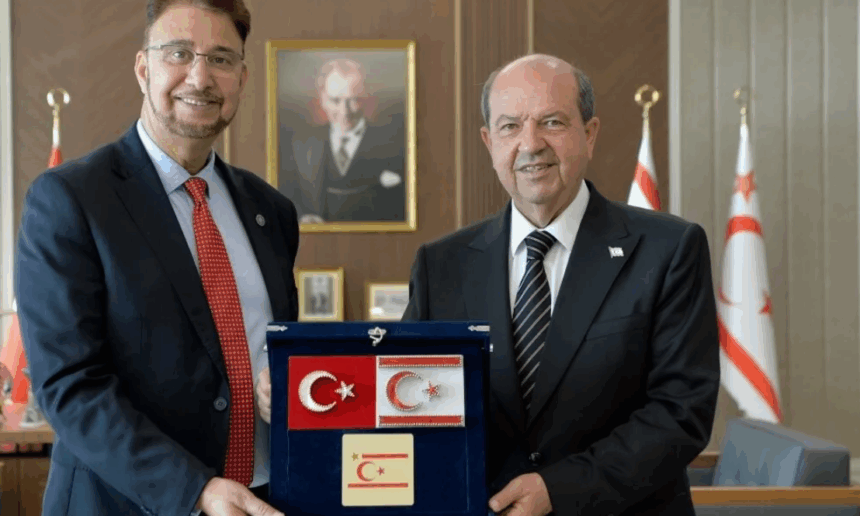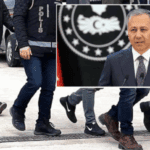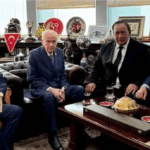Turkish Republic of Northern Cyprus (TRNC) President Ersin Tatar has condemned the resignation of Afzal Khan, the UK’s trade envoy to Turkey, after the Labour MP faced criticism for visiting the breakaway north of Cyprus.
Khan, who represents Manchester Rusholme, travelled to the self-declared TRNC earlier this month, where he met Tatar, visited family, and received an honorary degree. The MP said the trip was privately funded and undertaken “in a personal capacity during the parliamentary recess.”
Amid mounting political pressure in London, Khan announced his resignation on Friday, saying he did not want the controversy to “distract from the hard work the government is doing to secure the best possible trade deals for this country.”
Tatar’s Response
In a statement on Saturday, Tatar described the decision as “a shameful affront to democracy and equality,” arguing that Greek Cypriot influence had unfairly isolated Turkish Cypriots for decades.
“For decades, the Greek Cypriot leadership has abused its illegitimately held status to isolate the Turkish Cypriot people,” he said. “If even the simple act of a parliamentarian visiting the TRNC provokes hostility, it is clear the Greek Cypriot leadership has never abandoned its 1963 mentality.”
Tatar urged the Turkish community in the UK to stand behind Khan, framing the resignation as evidence of ongoing “injustice” against Turkish Cypriots.
Reaction in Nicosia and London
The Cypriot foreign ministry welcomed Khan’s resignation as “an important development,” describing his trip and meeting with Tatar as “unacceptable and provocative actions.” It said the decision sent “a resounding message” that there can be “zero tolerance” for legitimising the TRNC, which is recognised only by Turkey.
UK-based Cypriot organisations also criticised the visit, with the National Federation of Cypriots in the UK calling Khan’s position “untenable.” Senior Conservative MPs, including shadow foreign secretary Dame Priti Patel, had earlier demanded his removal.
Khan, however, pointed out that around 20 British parliamentarians have visited northern Cyprus in recent years without attracting the same level of criticism.
A Divided Island
Cyprus has remained split since 1974, when a coup backed by the Greek junta in Athens prompted Turkey to intervene militarily, seizing roughly a third of the island. In 1983, the north declared independence as the TRNC, a move condemned by the UN Security Council as “legally invalid.”
Today, the Republic of Cyprus controls the internationally recognised south and is an EU member state, while the TRNC remains diplomatically isolated. Turkish Cypriot leaders now advocate a two-state solution, rejecting the long-standing UN-backed proposal for a bi-communal federation.
Khan’s resignation underscores the political sensitivity surrounding international engagement with the north, where even private visits by foreign officials remain highly contested.



